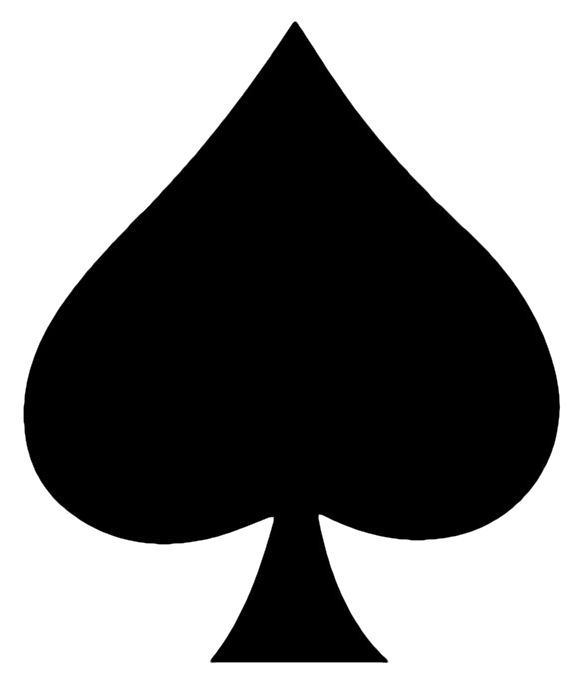9


A relative says something inappropriate on a private family social media group. What do you do?
Case Studies
- An elderly uncle uses an offensive racial slur. The rest of the family ignores him because “it’s just Uncle Bob”. Do you do anything, or do you ignore him too?
- Your young nephew asks you to have a word with their parents about their attitudes towards gay people because you are a police officer. What do you do?
Discussion
- Does it matter what is said in a private forum? Does it matter if you are merely a bystander to a conversation rather than a participant?
- Are people entitled to their own beliefs? What about “lawful but awful” attitudes?
- Should you challenge somebody else’s views, perhaps if they come from a generation where such views were common but would now cause offence?
- Does it make a difference if it is a public or private context?
- If it was bad enough, would you have to report a family member in such a circumstance?
As a member of the police force, you are expected to uphold both the law and appropriate values and standards at all times. Not acting if you become aware of something, especially if that thing later goes onto become a bigger problem (e.g. a safe-guarding issue), could get you into significant trouble and be linked to questions about your judgement.
It is important that your family understands your obligations upon you as an officer and how your role can quickly become compromised by their actions. This is often not an easy discussion, but it is can be an easier one to have when there is not a specific issue that needs to be addressed.
There are also multiple reasons why a personal phone may be seized for a completely unconnected reason. When this happens, ‘other’ material may come to light which may paint a very unflattering light of the officer, and can become a serious career issue very quickly.
However, it is also important to appreciate context - many people are members of multiple social groups that include friends, but also acquaintances and even people that they don’t personally know (think of a social club or a sports society that has a group chat function for organising lifts, etc). These forums may only be engaged with infrequently, if at all - is it fair to hold an officer to account for something said on there? While some groups are more likely than others to have inappropriate conversations, and choosing to join such a group may lead to questions about professional judgement, expecting someone to proactively police every form of social interaction available to them and their family is clearly not viable or fair on the people involved. Striking an appropriate balance seems key.




